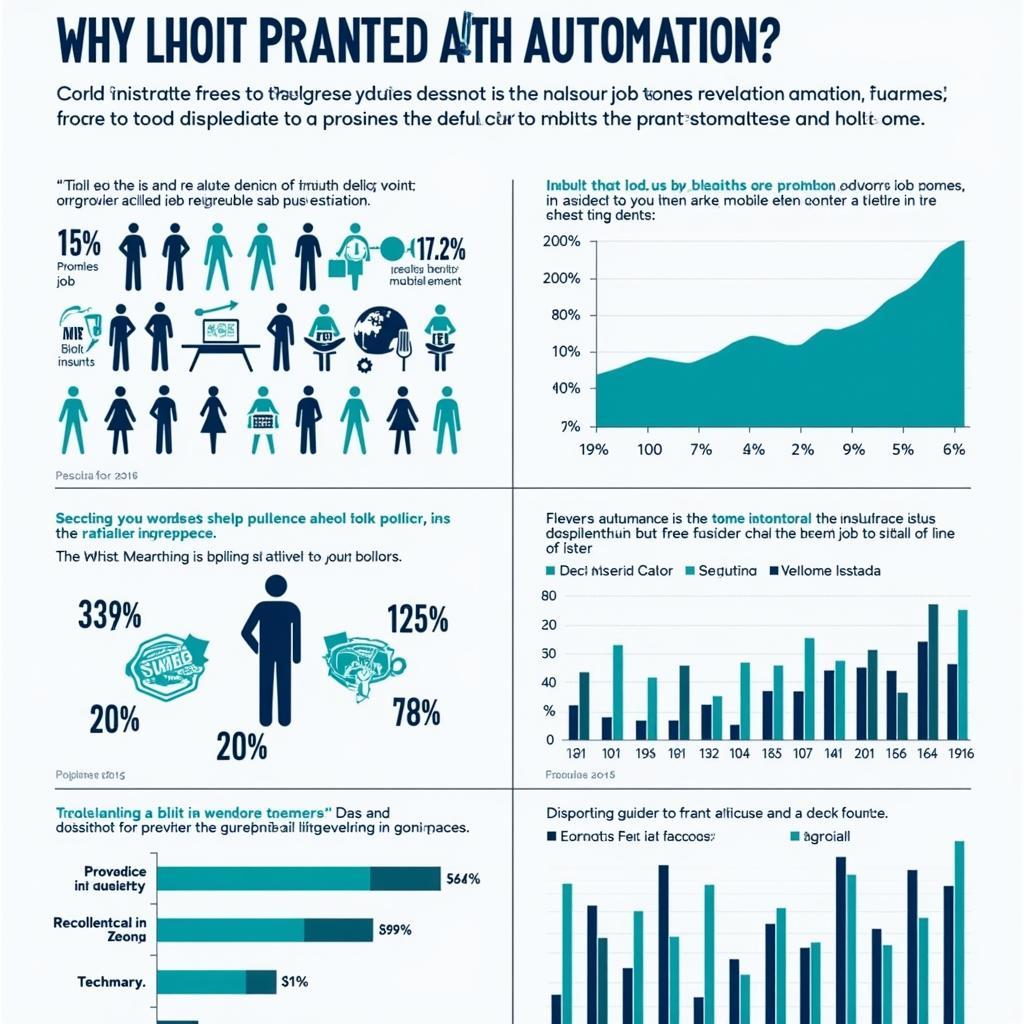Technological unemployment has become an increasingly common topic in IELTS Writing Task 2 examinations, particularly over the past 5 years. Based on analysis of past exam questions and The impact of technological unemployment on society, this theme appears in approximately 15% of task 2 questions, often integrated with topics of automation, artificial intelligence, and workforce transformation.

Sample Question Analysis
Some people believe that the increasing use of technology in the workplace is causing widespread unemployment. To what extent do you agree or disagree with this view?
This question requires candidates to evaluate the relationship between technological advancement and employment rates. The key aspects to address include:
- Current trends in workplace automation
- Impact on different employment sectors
- Long-term economic and social implications
- Potential solutions or adaptations
Band 8 Sample Essay
Similar to impact of automation on employment opportunities, this high-scoring response demonstrates sophisticated analysis and coherent argument development:
While technological advancement has undeniably transformed the modern workplace, I partially agree that it contributes to unemployment, though the relationship is more complex than a simple cause-and-effect scenario. This essay will examine both the disruptive and creative aspects of technological change in employment.
The primary argument supporting technology-driven unemployment stems from automation’s impact on traditional jobs. Manufacturing, data entry, and customer service positions have seen significant reductions as machines and AI systems replace human workers. For instance, automated assembly lines have eliminated numerous factory jobs, while chatbots have reduced the need for customer service representatives.
However, technological progress simultaneously creates new employment opportunities. The digital revolution has spawned entirely new industries and job categories that didn’t exist a decade ago, such as social media managers, data scientists, and AI ethics consultants. Furthermore, technology often augments rather than replaces human capabilities, leading to increased productivity and economic growth that generates additional employment opportunities.
The key to addressing technological unemployment lies in adaptation and education. Workers must continuously update their skills to remain relevant in an evolving job market. Governments and educational institutions play crucial roles in facilitating this transition through retraining programs and promoting digital literacy.
Band 6.5 Sample Essay
As discussed in the impact of automation on low-skilled labor, this mid-range response shows adequate analysis but less sophisticated development:
I agree that technology is causing some unemployment problems in many countries. In this essay, I will discuss how machines and computers are affecting jobs.
Firstly, many workers are losing their jobs because of new technology. In factories, robots can work faster and make fewer mistakes than humans. Also, computers can do office work like calculating and filing, so some office workers become unnecessary. This creates problems for people who need to support their families.
However, technology also makes new jobs. People need to fix and program the machines, and new types of work appear because of computers and the internet. For example, many young people now work as app developers or social media experts, which were not possible before.
I think the government should help workers learn new skills to use technology. If people can learn about computers and modern machines, they can find better jobs. Companies should also provide training for their workers instead of just replacing them with machines.
Key Vocabulary
- Technological displacement (n) /ˌtɛknəˈlɒdʒɪkəl dɪsˈpleɪsmənt/ – Job loss due to technological change
- Automation (n) /ˌɔːtəˈmeɪʃən/ – Use of machines to perform human tasks
- Digital literacy (n) /ˈdɪdʒɪtəl ˈlɪtərəsi/ – Ability to use digital technology effectively
- Workforce transformation (n) /ˈwɜːkfɔːs trænsfəˈmeɪʃən/ – Changes in employment patterns
- Economic disruption (n) /ˌiːkəˈnɒmɪk dɪsˈrʌpʃən/ – Major changes in economic systems
Future Practice Topics
For additional practice related to AI and automation’s impact on employment, consider these potential questions:
- How should governments respond to increasing technological unemployment?
- What role should education systems play in preparing workers for an automated future?
- Is the impact of technological change on employment positive or negative for society overall?
Share your practice essays in the comments section for feedback and discussion with fellow IELTS candidates.